











Read More
Bachelor of Medical Laboratory Technology program offers to candidate’s in-depth knowledge about the laboratory equipment and their usage in diagnostic procedures. A degree in Bachelor of Medical Laboratory Technology can open up job opportunities in areas such as healthcare clinics, government and private hospitals, medical laboratories, research laboratories etc.
Year wise Course Details
Courses for this semester
To learn about the anatomical positions, gross and microscopic structure of the organs and skeleton in the human body.
To impart the knowledge in the technical aspects of biochemical studies specially focusing on the clinical findings in various body metabolites.
To impart the knowledge in patient in a holistic approach for the overall well being of the patient and comprehensive knowledge on medical ethics and the quality and functions of medical professionals.
Explore various psychological domains such as cognitive, developmental, social, and abnormal psychology, gaining insights into how individuals think, feel, and act.
The students will also be given the knowledge on the role and responsibilities of phlebotomists, learning how to perform the venipuncture process, drawing blood and other specimen in the correct tubes with the proper additives, accurately learning the procedure.
It is to develop the social and soft skills and to promote a holistic development of the learners.
The MOOC subject "The Creative Leader" is typically designed to help individuals develop leadership skills that emphasize creativity, innovation, and out-of-the-box thinking. Understanding the importance of creativity in leadership, and how it differs from traditional leadership models. Exploring how creativity drives change and innovation within teams and organizations. Cultivating a growth mindset, openness, and resilience in the face of challenges.
The MOOC subject "Economics of Money and Banking" course provides an in-depth understanding of modern banking systems, the role of central banks, and the impact of monetary policy on economies. It explores the functions of money, financial markets, and institutions, emphasizing how monetary tools influence economic stability, growth, and inflation. The course also covers recent innovations like digital currencies and fintech, highlighting their implications for traditional banking. By analyzing case studies and real-world scenarios, students develop skills in assessing economic trends, managing financial risks, and understanding the global financial environment.
Courses for this semester
Co-curricular Activities are enabled to supplement and complement the curricular or main syllabi activities. These are the part and parcel of educational institutions to develop the students’ personality as well as to strengthen the classroom learning.
To provide a comprehensive concept of all the anatomical position and physiological function of the human body
To impart the knowledge in the technical aspects of biochemical studies specially focusing on the clinical findings in various body metabolites.
To impart the knowledge in patient in a holistic approach for the overall well being of the patient.
Courses for this semester
Co-curricular Activities are enabled to supplement and complement the curricular or main syllabi activities. These are the part and parcel of educational institutions to develop the students’ personality as well as to strengthen the classroom learning.
The students will also learn about safety measures in the lab and documentation accidental records and information in the laboratory.
To acquaint the students with basics of biomedical waste and the severity of lives in jeopardy.
This course offers a brief knowledge about the positive psychology and its strategies to increase optimism and resilient thinking.
This course offers a knowledge about the main areas of research in contemporary philosophy.
This course will help change into a more positive and productive mindset, provide a clear and concise revelations about the human condition, understand the tricky nature of our minds and practical advice about how to counteract those deceptions.
The MOOC subject Operational Research for Humanitarians involves applying analytical and mathematical techniques to improve decision-making in humanitarian contexts. This course focuses on optimizing resources, enhancing supply chain logistics, and designing effective interventions to address complex challenges in disaster response, health emergencies, and humanitarian aid. Participants learn to model real-world problems, use data-driven approaches, and develop strategies that increase the efficiency and impact of humanitarian operations.
Explain key concepts in moral psychology, including how individuals make moral decisions and the factors that influence these judgments. Apply ethical frameworks (e.g., utilitarianism, deontology) and psychological insights to analyze and resolve moral dilemmas encountered in everyday life.
Develop a critical understanding of the concepts and assumptions about diversity and difference, including notions of ability and disability, socio-economic background, race, ethnicity, and cultural background, beliefs and religion, and gender.
The candidates who are pursuing medical laboratory technology will learn about the sample processing and identification of various bacteria using different techniques.
The training in this subject is imparted to enable the students to carry out routine clinical laboratory investigation (blood, urine etc.).They should be able to provide technical help for selected sophisticated hematological techniques with adequate knowledge of various principles.
The candidates are imparted basic training of theoretical and practical in the field of Clinical biochemistry.
Courses for this semester
Students become familiar with the basics in operating computer and Introduce fundamental concepts of computer hardware and software.
Co-curricular Activities are enabled to supplement and complement the curricular or main syllabi activities. These are the part and parcel of educational institutions to develop the students’ personality as well as to strengthen the classroom learning.
Studentswillacquiretheknowledgeofsufficientinformationaboutparasiteandtheirclassification
Students will be made aware of the composition and methods of estimating different components of urine, body fluids etc.
The students will acquire a knowledge about metabolism of minerals and hormones.
To know the handling and understanding the working principle behind laboratory instruments.
The students will be taught about the basics of medical laboratory, its branches and functions along with laboratory responsibilities.
Courses for this semester
Understanding the responsibilities of managing a medical lab.
To know the handling and understanding the working principle behind laboratory instruments.
The "Arts and Heritage Management" course provides an in-depth understanding of the principles, practices, and challenges involved in managing arts organizations and cultural heritage sites. It covers the strategic, operational, and creative aspects of arts and heritage management, focusing on how to sustain and promote cultural assets in an ever-changing global landscape.
The course "Internet History, Technology, and Security" offers a comprehensive exploration of the shaping almost every aspect of modern life. Students will journey through the historical milestones that led to the creation of the internet, delve into the technological advancements that have made it more powerful and accessible, and confront the security challenges that come with a connected world.
"Creating Innovation" is a dynamic course designed to empower individuals and organizations to develop, nurture, and implement innovative ideas. It explores the principles, methodologies, and environments that foster creativity and innovation across various fields, including business, technology, arts, and social impact.
The candidates undergoing training in medical laboratory technology will earn the techniques of collection of samples, their processing and identification of various pathogens like parasite using different techniques.
Understand the microscopic structure of tissues and cells, including normal and pathological changes.
Students are taught about the various biomedical wastes, types, and its management.
Co-curricular Activities are enabled to supplement and complement the curricular or main syllabi activities. These are the part and parcel of educational institutions to develop the students’ personality as well as to strengthen the classroom learning.
This subject shall give in formation about all the major clinical enzymology and bio markers used for diagnosis.
Courses for this semester
To know the importance of first aid in saving life and identify the type of emergency for selected situation.
The student will be taught about introduction, general characteristics, morphology, pathogenesis, and laboratory diagnosis of various medically important viruses.
Understand the microscopic structure of tissues and cells, including normal and pathological changes.
The students will also be given the basic knowledge of inborn error of carbohydrate, proteins and lipids metabolism of various metabolites which are routinely estimated in different diseases so that a clear understanding of the different tests is obtained.

CST- Common scholarship test is a national and international level online MCQ based examination funded for intellectual empowerment by Assam down town University.
CST- Maximum enrolment each year is 269 seats and any 10+2 students can apply. Adtu is northeast India’s first placement driven university to provide 100% scholarship benefits worth 30 cr.
CST aims to inspire brilliant and competent students to pursue further education. Accredited with a prestigious grade by NAAC, UGC and AICTE.
Explore more scholarships that can help you reach out your goal with financial aid.
This scholarship is valid on the basis of the board/university examination
| 95% & above | 100% Scholarship on all semester |
| 90%-94.9% | 50% Scholarship on all semester |
| 80%-89.9% | 25% Scholarship on all semester |
This scholarship is valid on the basis of the board/university exam
| National & International Level | 100% Scholarship on all semester |
| State Level | 50% Scholarship on all semester |
| District Level | 25% Scholarship on all semester |
This scholarship is valid on the basis of the board/university exam
| National & International Level | 100% Scholarship on all semester |
| State Level | 50% Scholarship on all semester |
| District Level & NCC Certificate Holder | 25% Scholarship on all semester |
Discover a multitude of world-class amenities and cutting-edge resources at Assam down town University, enhancing your academic journey to new heights.
The Start-Up & Incubation Centre at Assam down town University provides a supportive environment for young entrepreneurs to develop and grow their business ideas. The center provides mentorship, funding, and networking opportunities to help innovative ideas become successful businesses.
SFURTI scheme to support rural entrepreneurs and innovators, an initiative by the Ministry of MSME
TIDE 2.0 scheme for ICT-based startups which provides a grant of Rs. 4L and Rs. 7L under EiR and Grant categories respectively, an initiative by the Ministry of MeitY.
dtVL Ideation, an incubation program for early-stage entrepreneurs with a market-ready solution/product, offering interest-free loans up to Rs. 2 lakhs.
Sprout UP, an incubation program for students, faculties, and researchers with innovative business ideas, prototypes, or technology solutions.
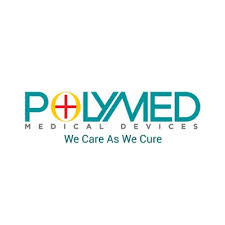
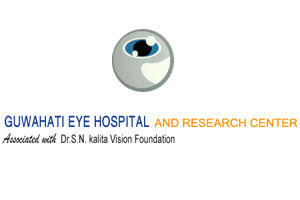
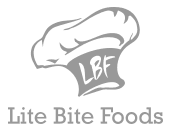
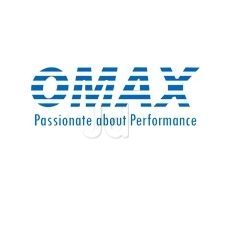


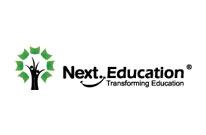

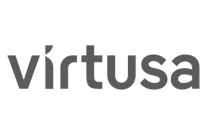




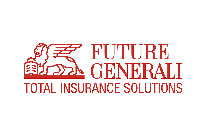
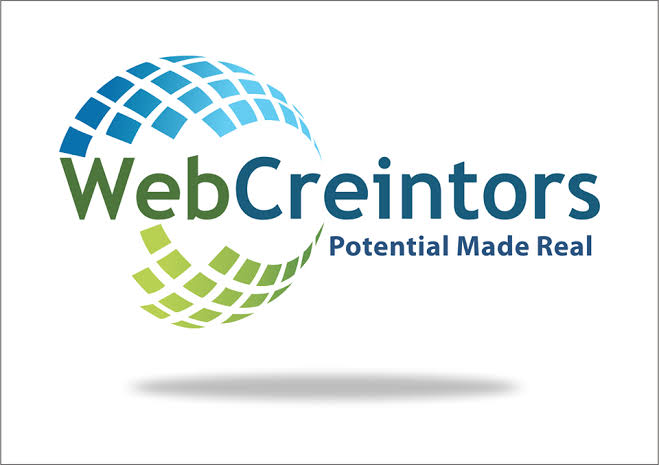
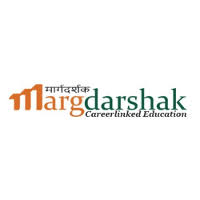





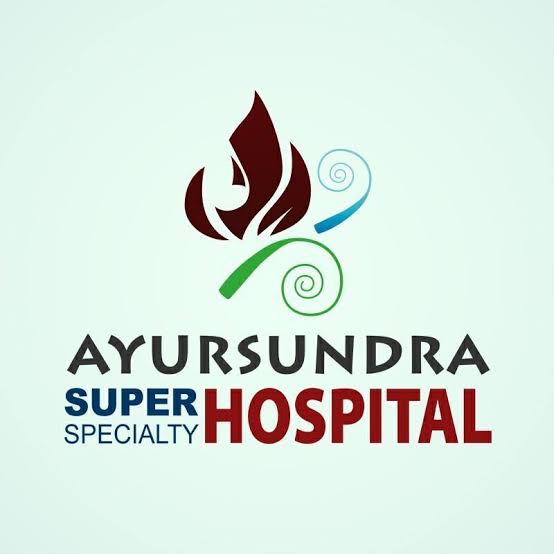
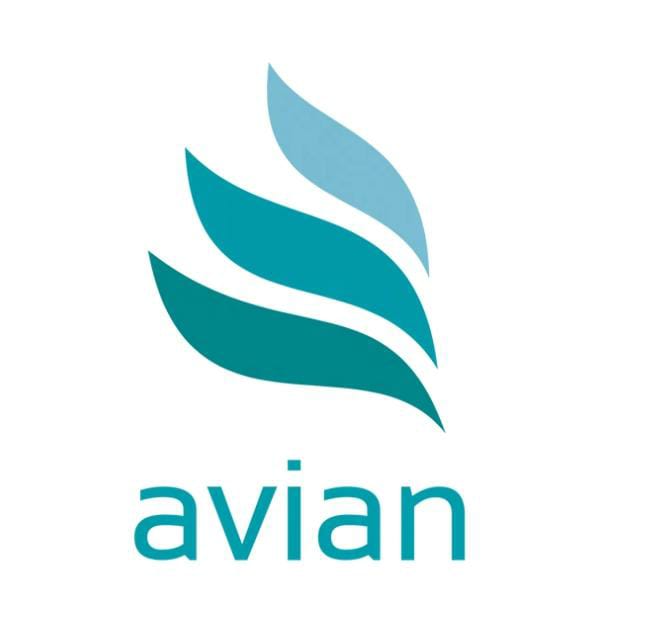

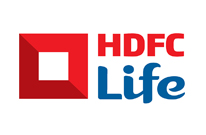

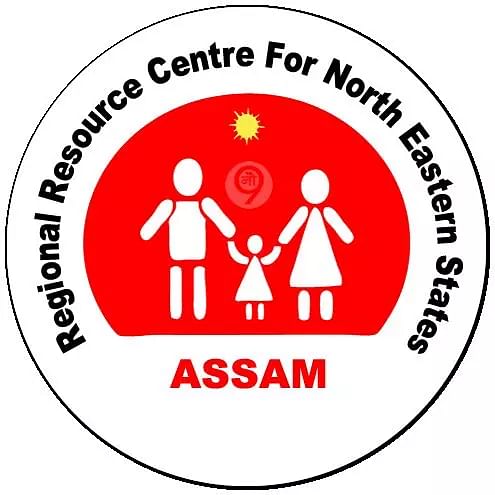



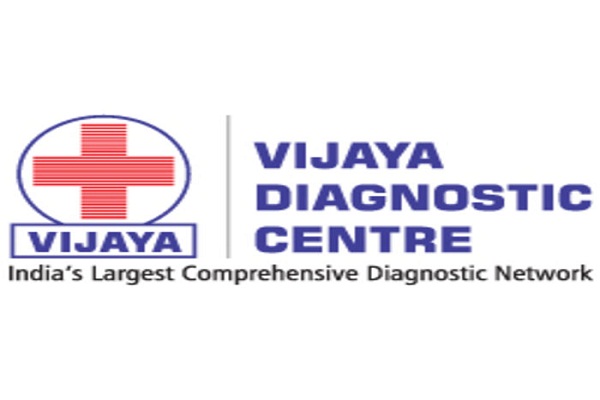
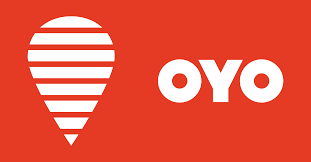

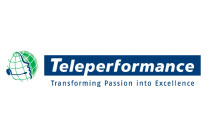

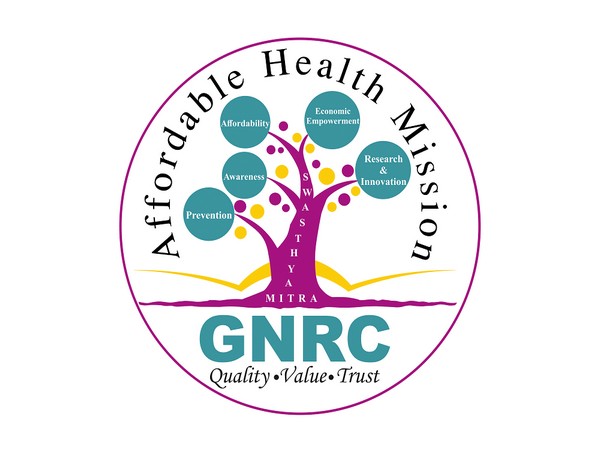







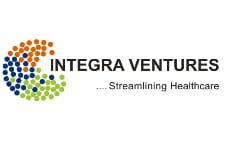






"I am a BBA student of 3rd semester. I hail from Bhutan. I vow that I am having a great experience i...
"AdtU is amazing. I am a BBA student of 2019-22 batch and I am just grateful for the amount of oppor...
Let us be grateful to the people and place who makes us happy. They are the charming gardeners whom ...
Currently I am pursuing MBA in Assam Down Town University. MBA is the professional course through wh...
AdtU is a university that focuses on giving knowledge, education and simultaneously making the stude...
The Assam downtown University has been a great learning experience. The university has provided me w...
My experience with AdtU has been splendid one indeed. Little needs to said about its scenic infrastr...
As a student I am very glad that I have got an opportunity to study here in Assam downtown universi...
My name is Sakhyajit Roy. I?m from Tripura. I joined the university on Auguest, 2017 as a student of...
I share immense pleasure to share my post graduate program experience in Assam down town University....
AdtU is a platform where I got golden opportunities to feed my zeal for knowledge through the dynami...
I am fortunate to get an opportunity to study here in Assam Downtown University. The best thing abou...
Our university is one of the best place for developing ourselves in the field of research and acedem...
ADTU is a university that is very good interms of infrastructure, academics and placements. Our tea...
It is one of best private colleges in North East India, it also provides a good environment for ed...
ADTU is a good University which provides the students with best quality lectures and ensures comfort...
The environment of Assam downtown university is very pleasant.The department of BMLT is very good a...
The university has all the necessary facilities and amenities for students . The classrooms and the ...
Assam downtown University is well recognised all over india. In the ongoing pandemic situation it ha...








